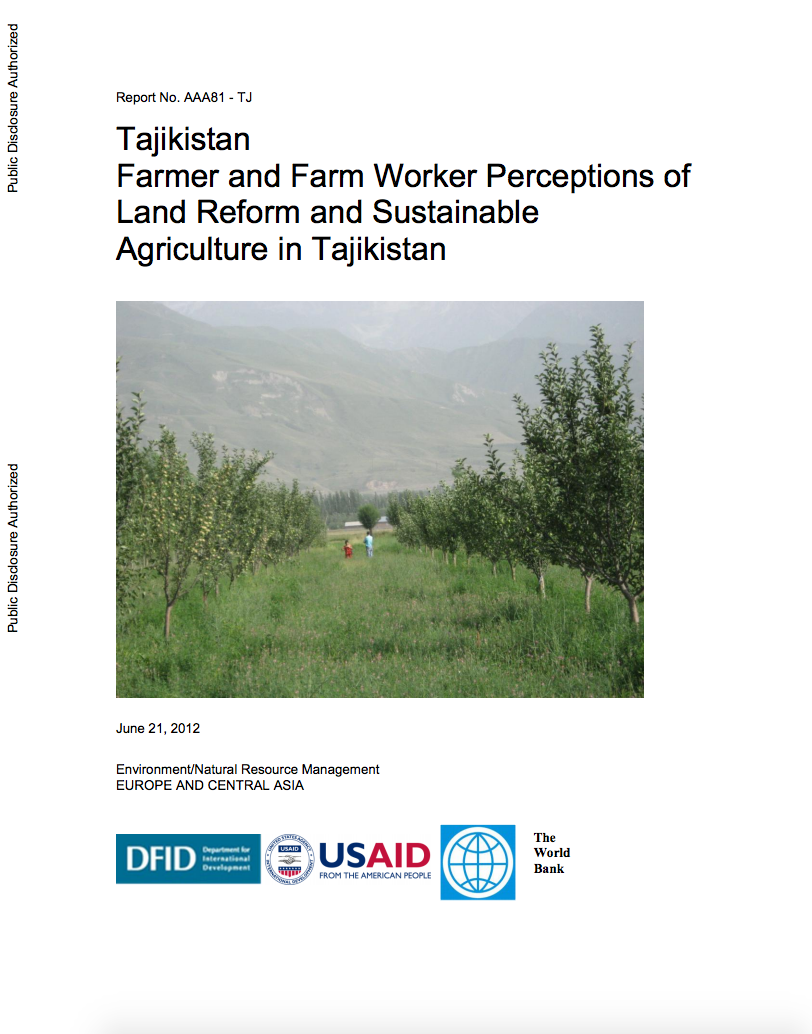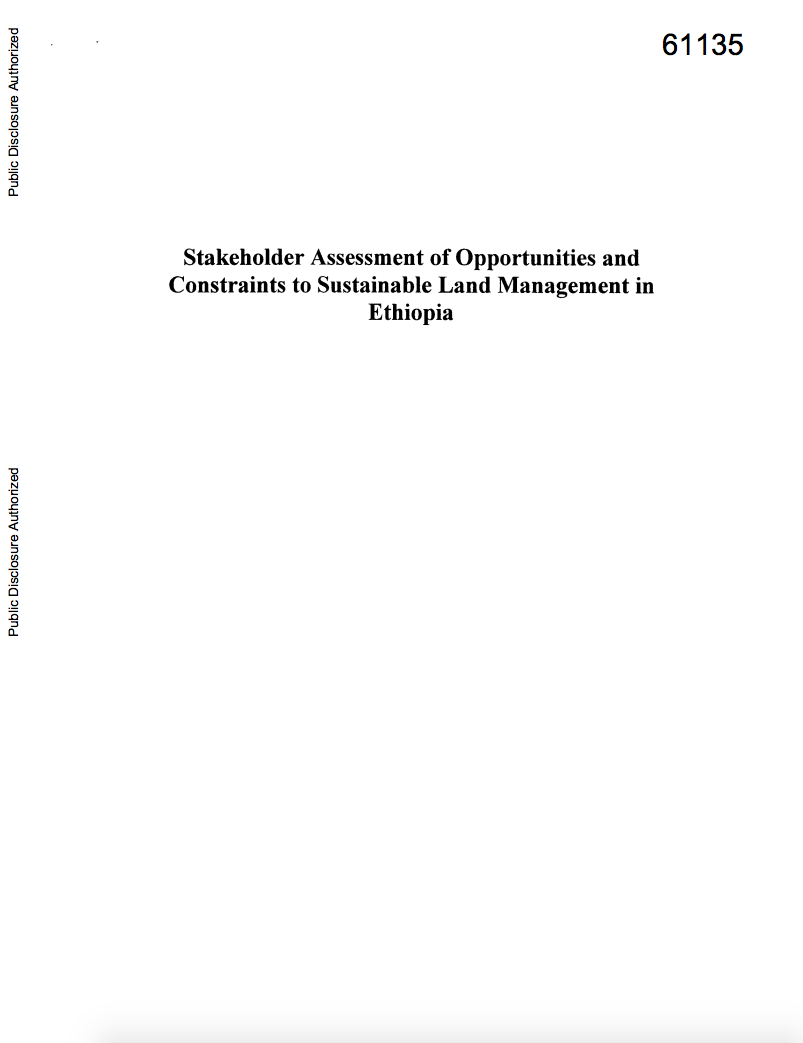Dynamics of Rural Growth in Bangladesh
The rural economy in Bangladesh has been
a powerful source of economic growth and has substantially
reduced poverty, especially since 2000, but the remarkable
transformation and unprecedented dynamism in rural
Bangladesh are an underexplored, underappreciated, and
largely untold story. The analysis identifies the key
changes occurring in the rural economy, the principal
drivers of rural incomes, the implications for policy, and



